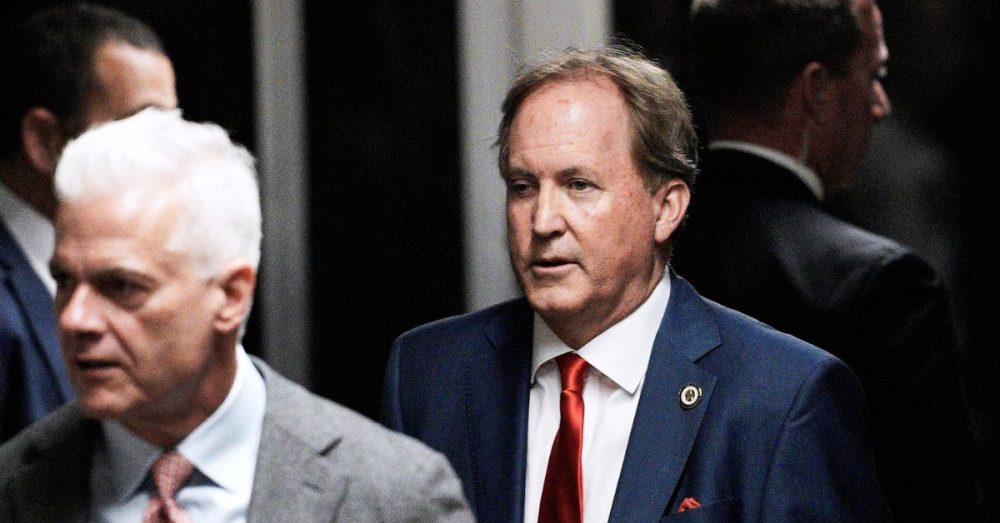(Texas Scorecard) – The Foundation for Individual Rights and Expression has sued Attorney General Paxton to stop the enforcement of the Securing Children Online through Parental Empowerment Act, which is set to go into effect on Sept. 1.
Under the SCOPE Act, digital service providers have to register the age of users, prevent harm, create parental tools, and aim to prevent advertisers from promoting illegal services for minors to engage in.
SCOPE requires digital service providers to register each new user’s age and prevent the user from changing it later.
The act says digital service providers publishing over one-third of harmful material must employ an age verification method for all users.
“In a misguided attempt to make the internet ‘safe,’ Texas’ law treats adults like children,” said FIRE Chief Counsel Bob Corn-Revere. “But even minors have First Amendment rights. Whether they’re 16 or 65, this law infringes on the rights of all Texans.”
“I find these criticisms of the bill incredibly disingenuous,” State Rep. Shelby Slawson, author of the SCOPE Act, told Texas Scorecard. “These companies are not in the business of fostering ‘productive conversation’ but that of profiting off the exploitation of our children’s attention span and mental health using addictive algorithms that push harmful material, including drug and trafficking connections, on our children.”
FIRE argues that Texas law, which defines “harmful material,” is “too vague to pass constitutional muster.” The state definition of harmful or obscene material includes anything that “promotes, glorifies, or facilitates” material like self-harm, bullying, grooming, and sexual exploitation.
FIRE also suggests that the SCOPE Act would cause platforms to censor themselves because their content could be considered as promoting harmful topics when the content was meant to open discussion about issues, such as drug use.
“Texas has chosen a restrictive and simplistic solution to deal with complex problems. But social media is like any other form of communication — it can be used for good or bad purposes,” said Corn-Revere. “Cutting off help for minors battling mental illness or sexual abuse doesn’t make anyone safer.”
Slawson said lawmakers are more concerned with protecting children than the interests of multinational corporations. “I believe in putting children first and not the interests of social media companies and the leftist agenda.”
Texas also passed a similar law to the SCOPE Act that strictly impacted pornography websites, forcing these entities to use “reasonable” age verification methods to ensure users were 18 and older. That law has been upheld by the courts thus far.
However, other similar measures to the SCOPE Act have been blocked by courts in several other states, including California, Arkansas, Mississippi, Indiana, and Ohio.


